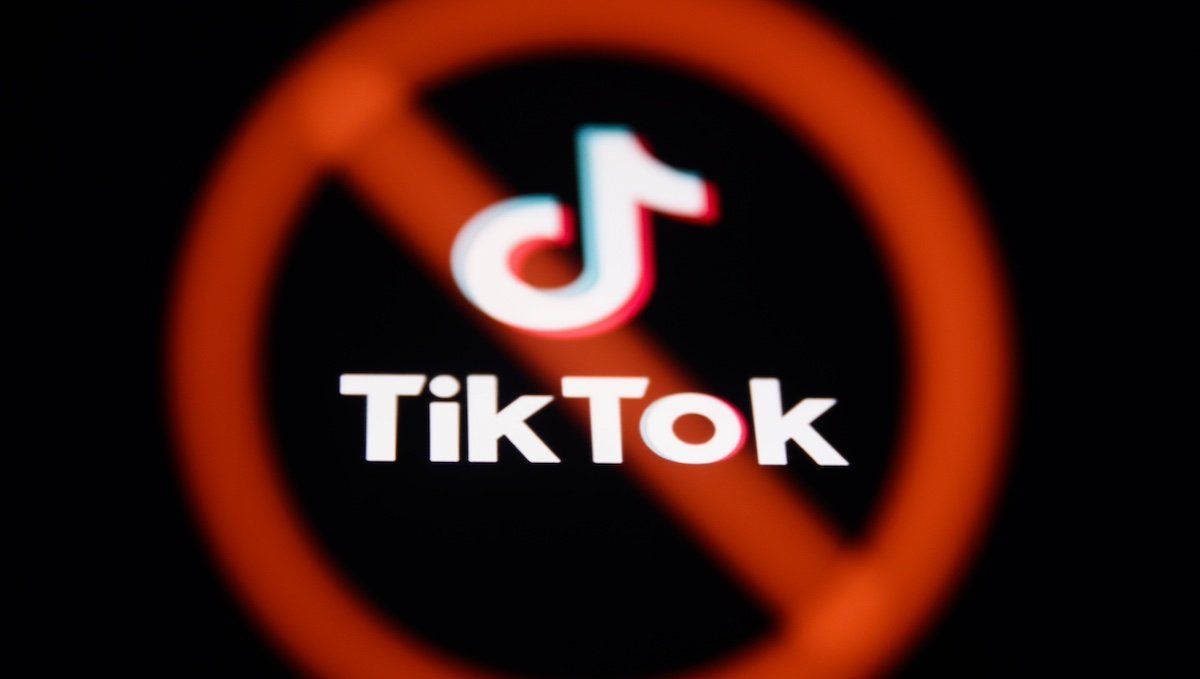Fourteen US states are suing TikTok, alleging that the platform is addictive and harms the mental health of young people. The attorneys general come from states led by both Democrats and Republicans, and the coalition is headed by California and New York, home to millions of TikTok users.
The suits are the latest in a string of moves aimed at bringing large tech firms to heel. The US federal government is considering the breakup of Google and its anti-competitive search engine service as the firm faces a series of antitrust cases. The Federal Trade Commission is suing Meta, and the Department of Justice is suing Apple over an alleged monopoly on smartphones.
In Canada, the Trudeau government has launched a 3% Digital Services Tax on big tech firms in the country for revenue earned on “certain digital services that rely on engagement, data, and content contributions of Canadian users.” The Competition Bureau is also investigating Google over its advertising practices. School boards in the country’s most populous province, Ontario, have launched their own lawsuits against Meta, Snapchat, and TikTok, alleging that the social media giants run platforms that inhibit student learning.
The suits and taxes reveal a struggle between governments and tech giants over the social and economic responsibilities of massive companies that dominate not just their respective markets, but our behavior. As governments seek to extract more from the companies and bring them to heel over the effects of their products, the legal and legislative efforts are likely to continue to pile up – and yield results.
